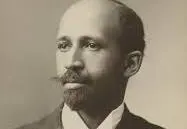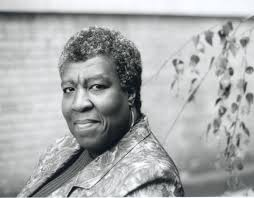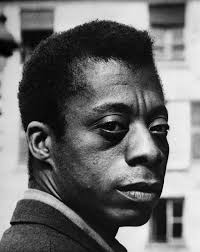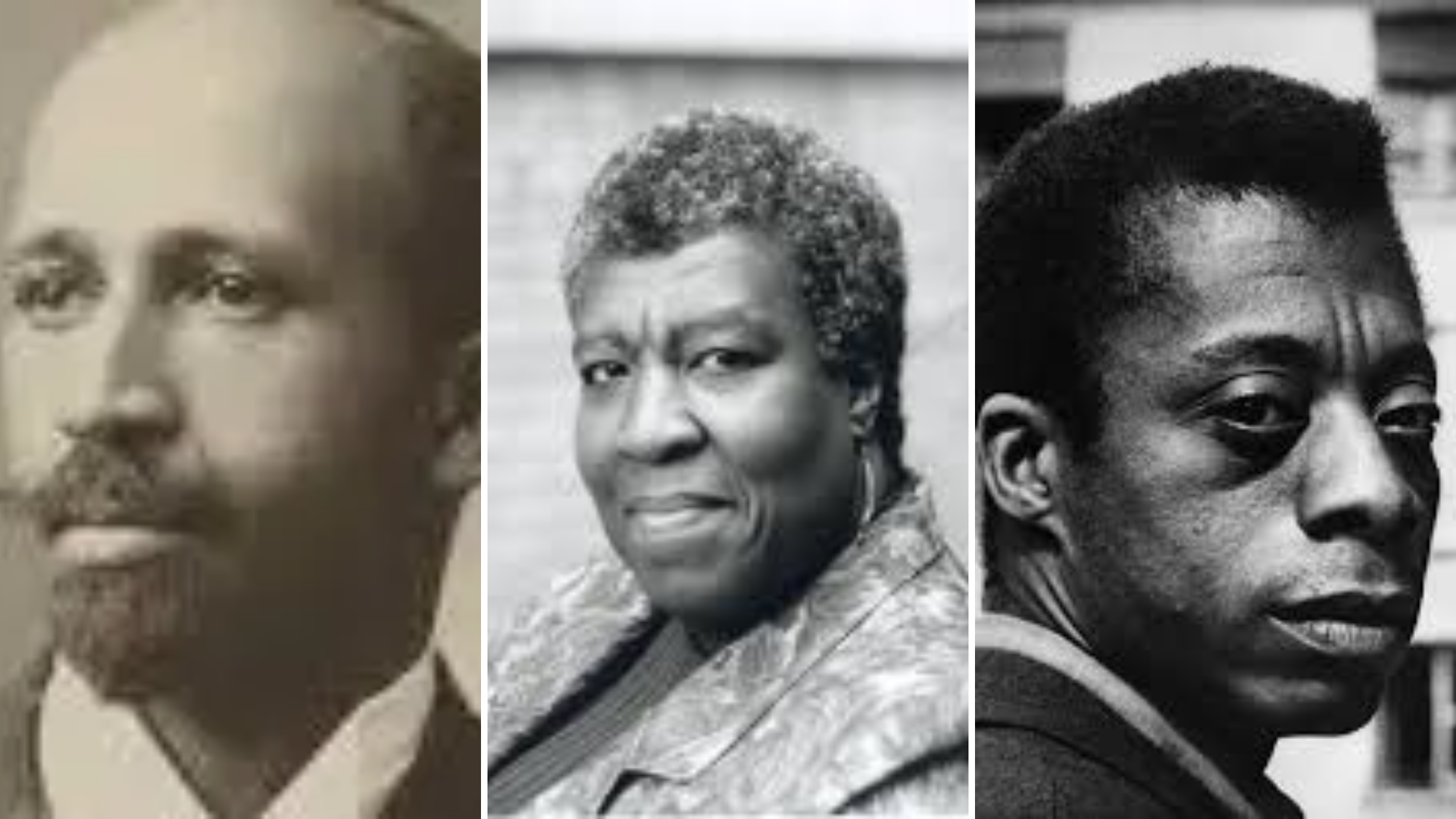Among the things that are essential to living, the writing and reading of words stems from the mists of the past and reaches into the equally nebulous future. Books serve as markers along the path of evolving civilization.
“Read!” That was the word revealed by an angel to the Prophet Muhammad as he was meditating in the Cave of Hira. It is part of the first Surah of the Muslim Holy Book, the Quran.
“In the beginning was the Word…” is the first verse of the first chapter in the Book of John of the New Testament in the Christian Bible.
Contemporary author Jesmyn Ward believes, “…there is power in words, power in asserting our existence, our experience, our lives, through words.”
This resonates with the theme of the 2024 March on Washington Film Festival: WORD! Writers Who Move the Movement. I have the honor of serving as the festival’s Artistic Director.
From October 6-13, in Washington D.C. and virtually, we will cover fiction, nonfiction, memoir, Spoken Word, cookbooks, journalism and social media as the conveyors of history, inspiration, education, perspective, creativity, community and legacy. And we will do so through music, song, dance, art, immersive technologies, panels and of course, films.
“The act of writing requires a constant plunging back into the shadow of the past where time hovers ghostlike.” — Ralph Ellison, Writers at Work (1963)
The importance of reckoning with the past to help decipher the present and navigate the future is critical for freedom seekers everywhere. So when the great Nigerian author Chinua Achebe reminds us that, “Until the lions have their own historians, tales of the hunt will always glorify the hunter,” he is urging us toward a self-determination that demands we name ourselves, define ourselves, and tell our own stories.
 W.E.B. Dubois wrote, “Human nature is not simple and any classification that roughly divides men into good and bad, superior and inferior, slave and free, is and must be ludicrously untrue and universally dangerous as a permanent exhaustive classification.” Those words encourage us to expand limiting dualistic classifications and appreciate the many dimensions and expressions of who we are.
W.E.B. Dubois wrote, “Human nature is not simple and any classification that roughly divides men into good and bad, superior and inferior, slave and free, is and must be ludicrously untrue and universally dangerous as a permanent exhaustive classification.” Those words encourage us to expand limiting dualistic classifications and appreciate the many dimensions and expressions of who we are.

To take that further, we look to our beloved futurist, the late Octavia Butler, from her 1988 novel, Adulthood Rites, the second book in her Xenogenesisi series. In the series she sets the stage for a first encounter with beings from another planet, the Oankali. Butler speaks through the character Lilith Iyapo, an African ancestored survivor of the conflagration that has all but destroyed planet Earth. The Oankali rescue her and take her to their ship. Lilith is the first of the earth survivors to see the Oankali. She must have the courage to contend with difference, no matter the risk.
“Human beings fear difference,” Lilith had told him once. “Oankali crave difference. Humans persecute their different ones, yet they need them to give themselves definition and status. Oankali seek difference and collect it. They need it to keep themselves from stagnation and overspecialization. If you don’t understand this, you will. You’ll probably find both tendencies surfacing in your own behavior.” And she had put her hand on his hair. “When you feel a conflict, try to go the Oankali way. Embrace difference.” An apt admonition for us today in so many ways.

Let us give the last words to our vaunted ancestor, the prolific James Baldwin, whose words continue to intrigue, guide and fire our imaginations for a just and equitable world, on this 100th anniversary of his birth, August 2, 1924.
“You write in order to change the world.” That he did, and so must we.






